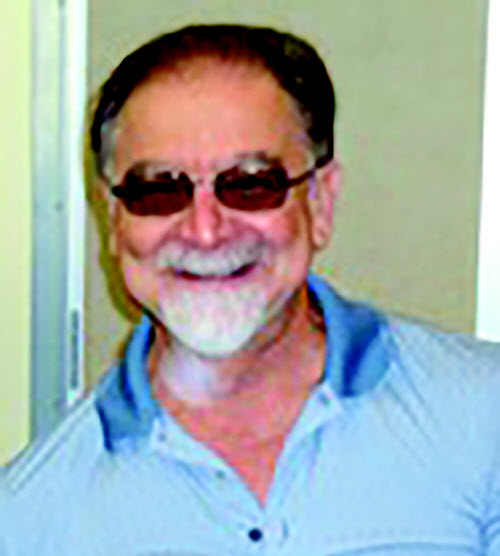First Annual Science of Laws Institute Conference
Held in conjunction with the INCOSE Region II Systems Engineering Mini-Conference
November 1, 2014 | San Diego, California

Nargis Hossain
Societal changes, technological innovations and economic opportunities present endless opportunities and challenges in the fluid policy making environment. In this environment of uncertainty, decision makers defined in this study as policy makers, make complex decisions under bounded rationality. Coupled with temporal constraints, decision makers do not fully consider the potential consequential outcomes of ineffective decision making. This study will focus on demonstrating modeling and simulation to optimize the decision making process and policy design. Using a generalized constraint based uncertainty model; the study will illustrate through simulation, the efficacy of systems engineering approaches in not only maximizing outcomes but also minimizing the unintended consequences of bounded rational decision making in uncertain conditions.


David Schrunk, MD
This presentation discusses the rationale for expanding science to encompass laws of government and the lawmaking process. The present method of lawmaking has many defects and omissions and it is incapable of creating laws that consistently serve the public interest. To correct the defects of the traditional method of lawmaking, a new science, the science of laws, is being established. The promise of the science of laws is that it will transform lawmaking into a knowledge industry and enable governments to satisfy their public-interest obligations.


Ronghui "Lily" Xu, PhD
The application of statistical methods to various fields of science and engineering will be discussed. The importance of design of experiments, data collection and monitoring, and analysis and interpretation of the results will be emphasized. Examples will be provided from biomedicine, economics, and laws of government.


Len Troncale, PhD
This presentation will describe the build-up of influences in the ‘60’s that led to legislation establishing the Office of Technology Assessment (OTA, 1972-95, Public Law 92-484) [the author participated in those deliberations], recap its reports and their influence, outline forces that caused its demise, and concisely summarize lessons learned. It will also describe some of the experiences of the National Academy of Sciences that attempted to substitute for the dissolution of OTA in terms of science counseling legislation.


John Sahlin, PhD
Is a tomato a fruit or a vegetable? Should same-sex couples be allowed to marry or adopt? Can employers ask for your Facebook password? Should for-profit universities qualify for federal student loan and G.I. Bill benefits? By attempting to keep laws current with advances in science, technology, and innovative business practices, they fail in two ways:
1. Lawmakers generally lack the scientific background to understand the implications of their laws
2. The timeline to develop laws simply cannot keep pace with advances in technology, becoming obsolete as soon as they are passed
This presentation will investigate the problems caused when lawmakers over-specify the intent of laws. The efficacy of lawmaking can be improved dramatically by applying the Systems Engineering best practices of Requirements Management. In this way, laws would define the intent of the regulation and expected results, leaving out verbiage regarding to specific implementations or designs.
